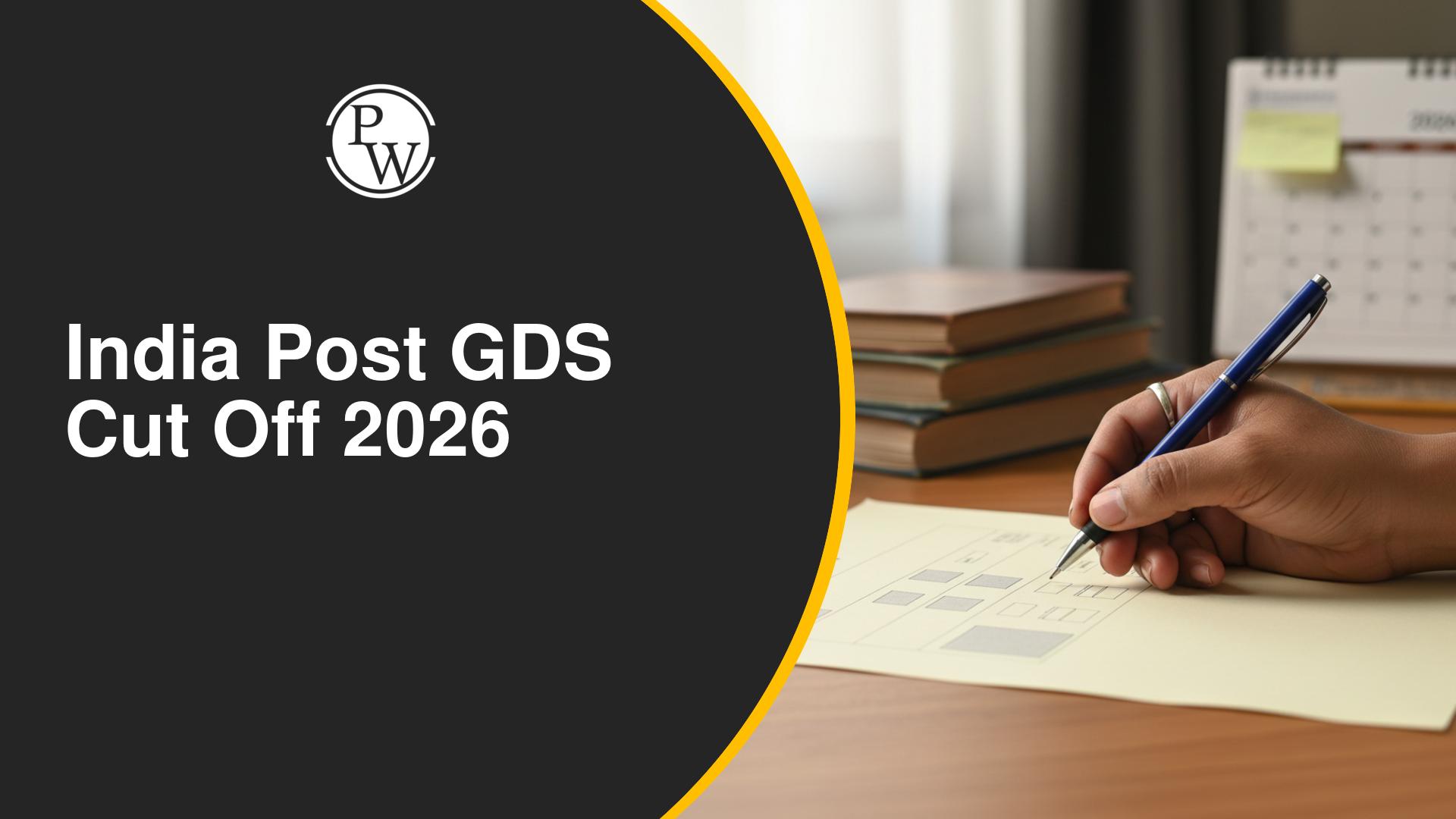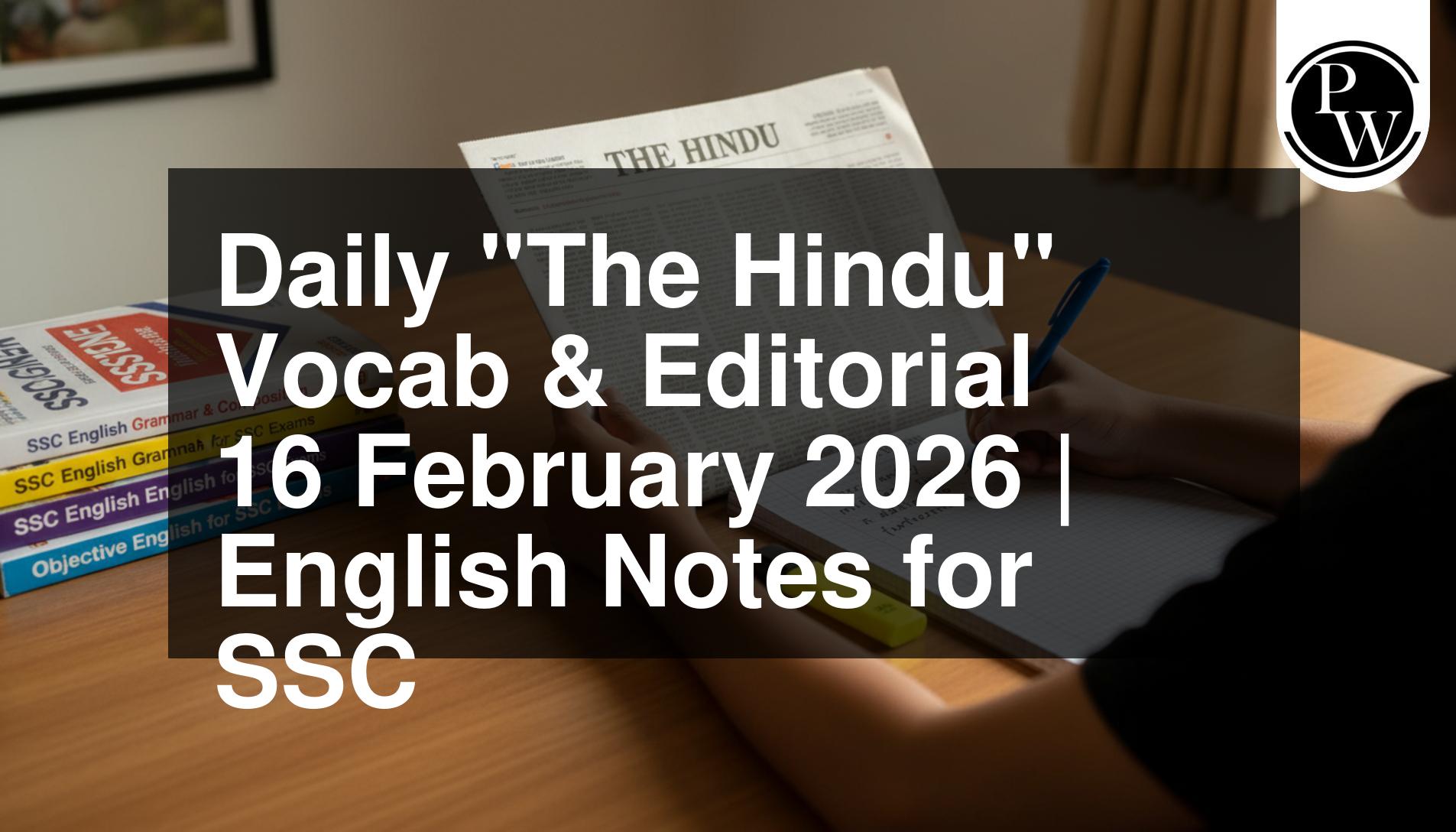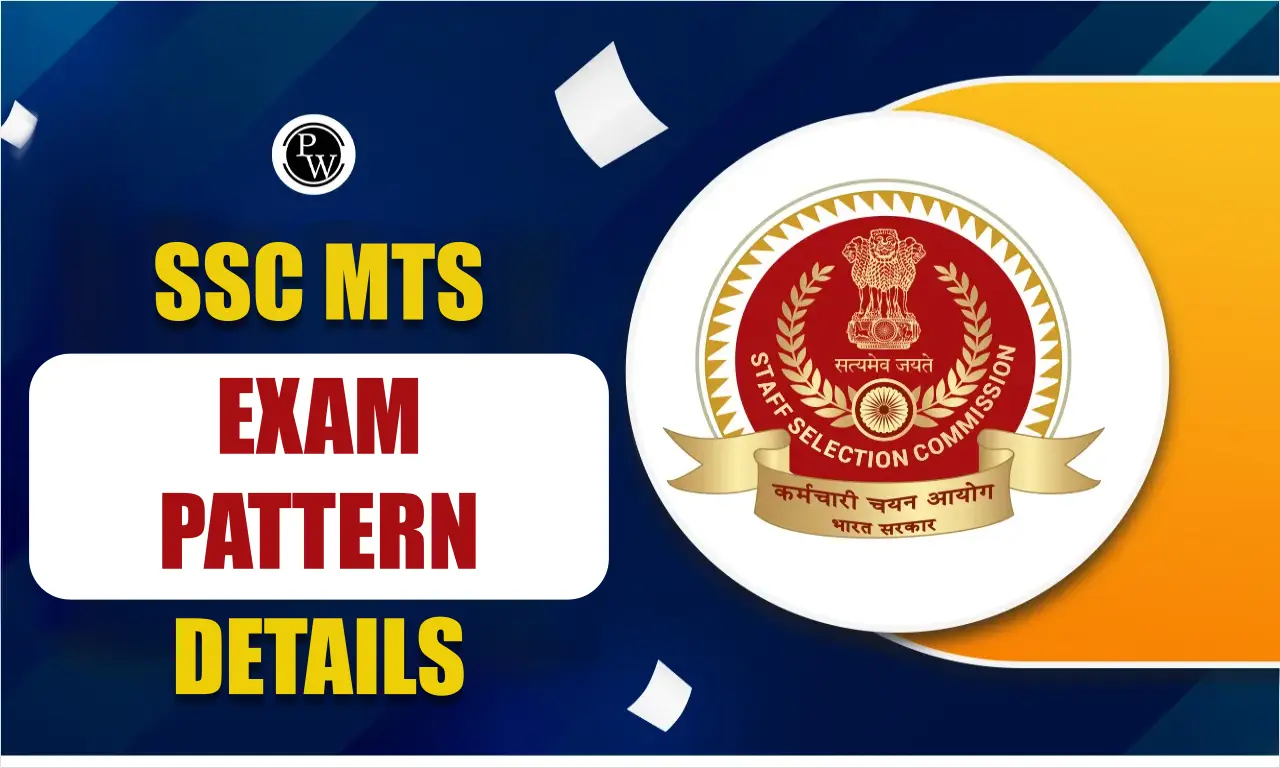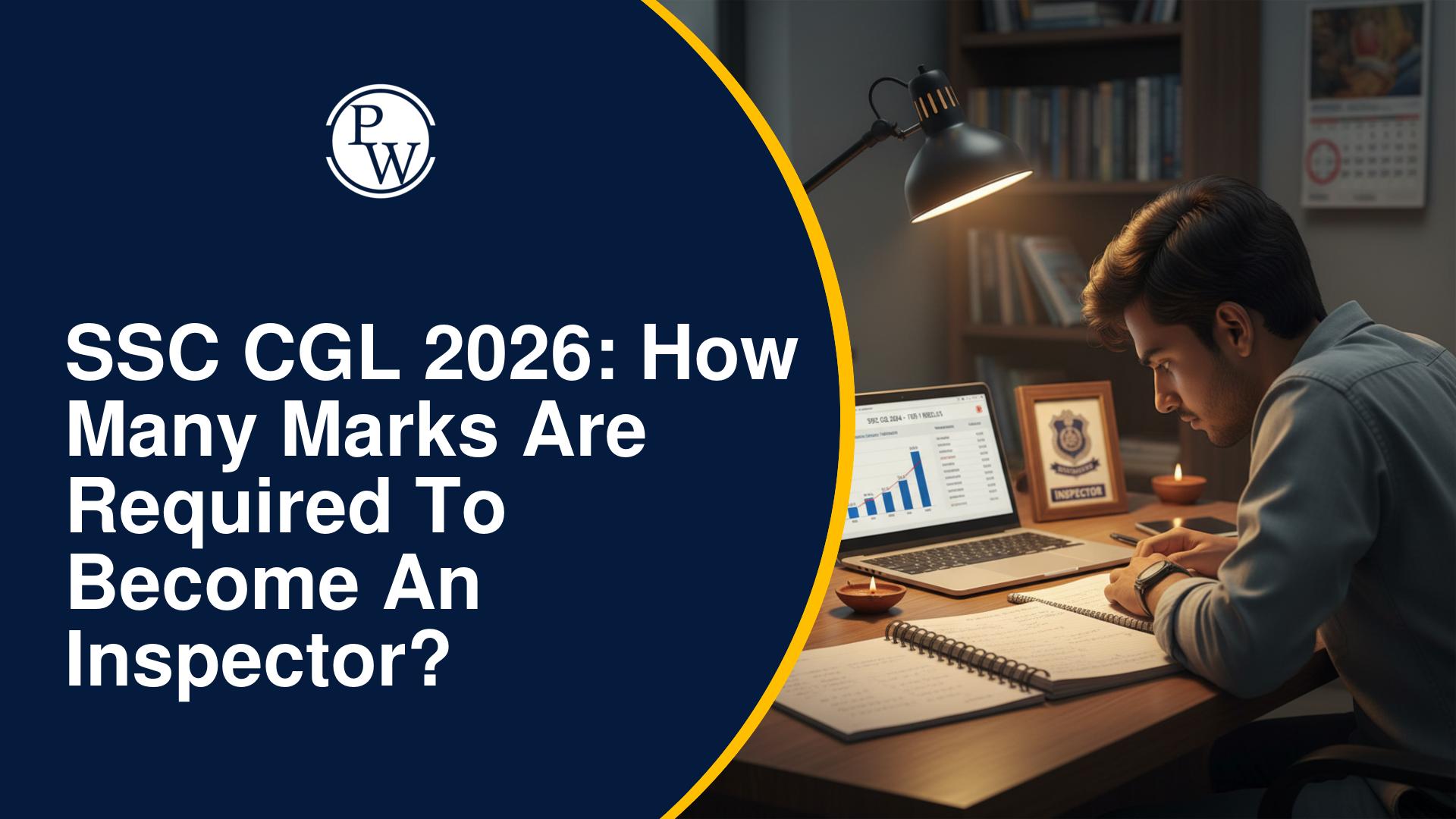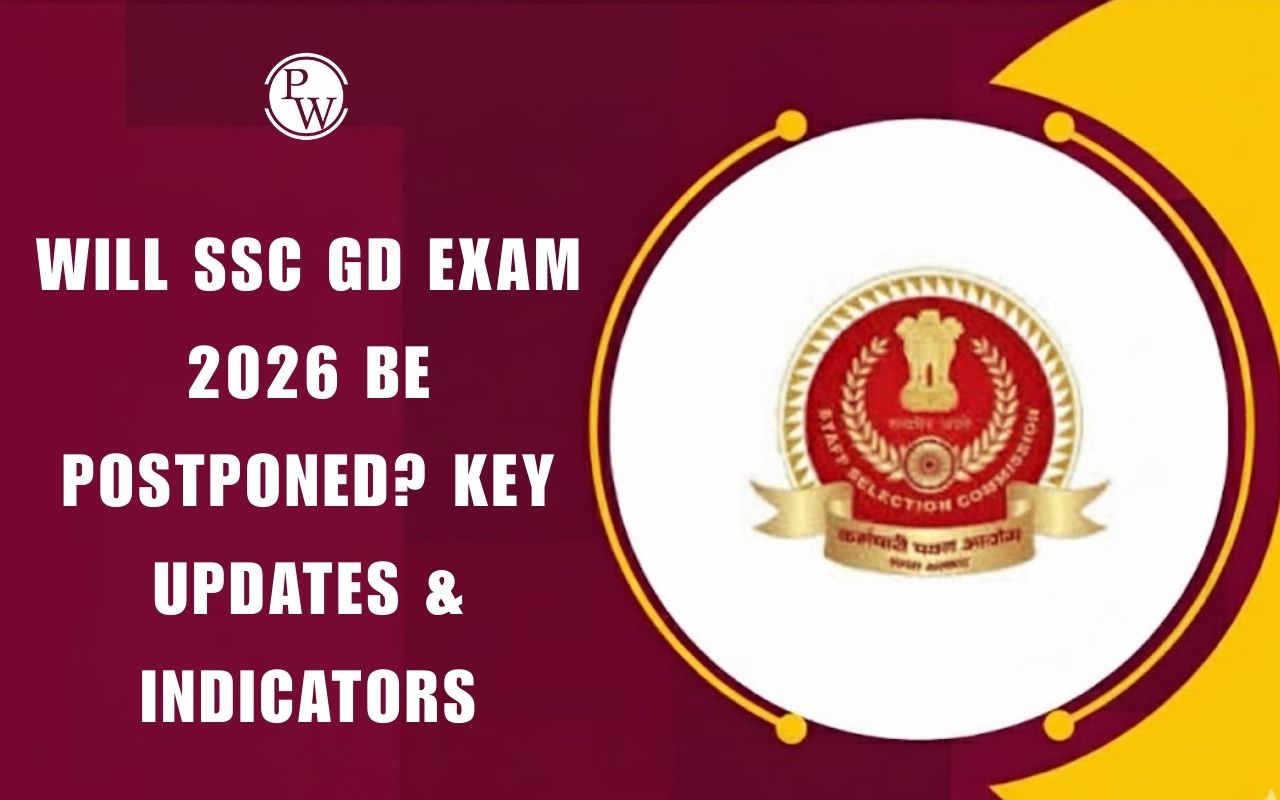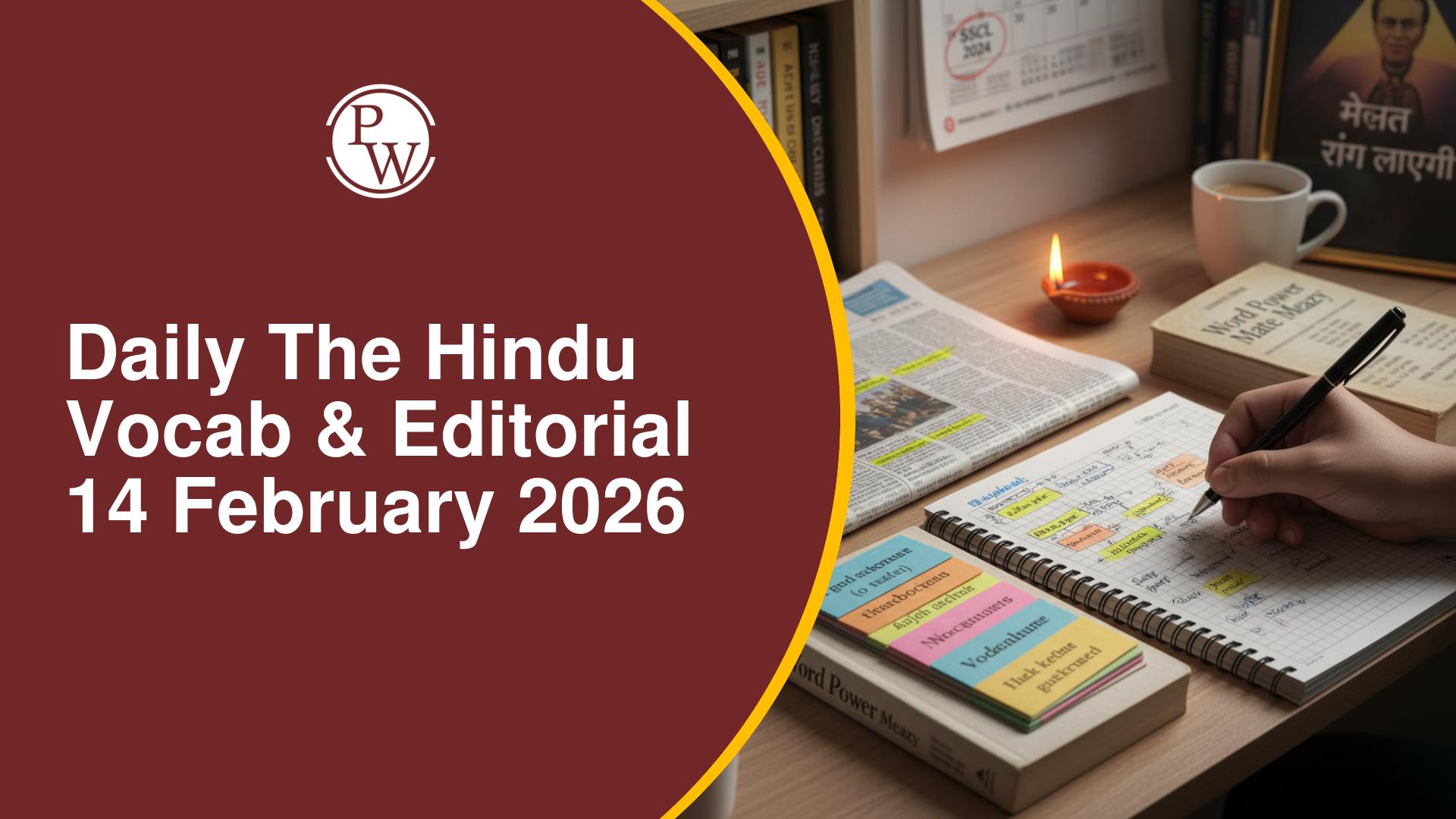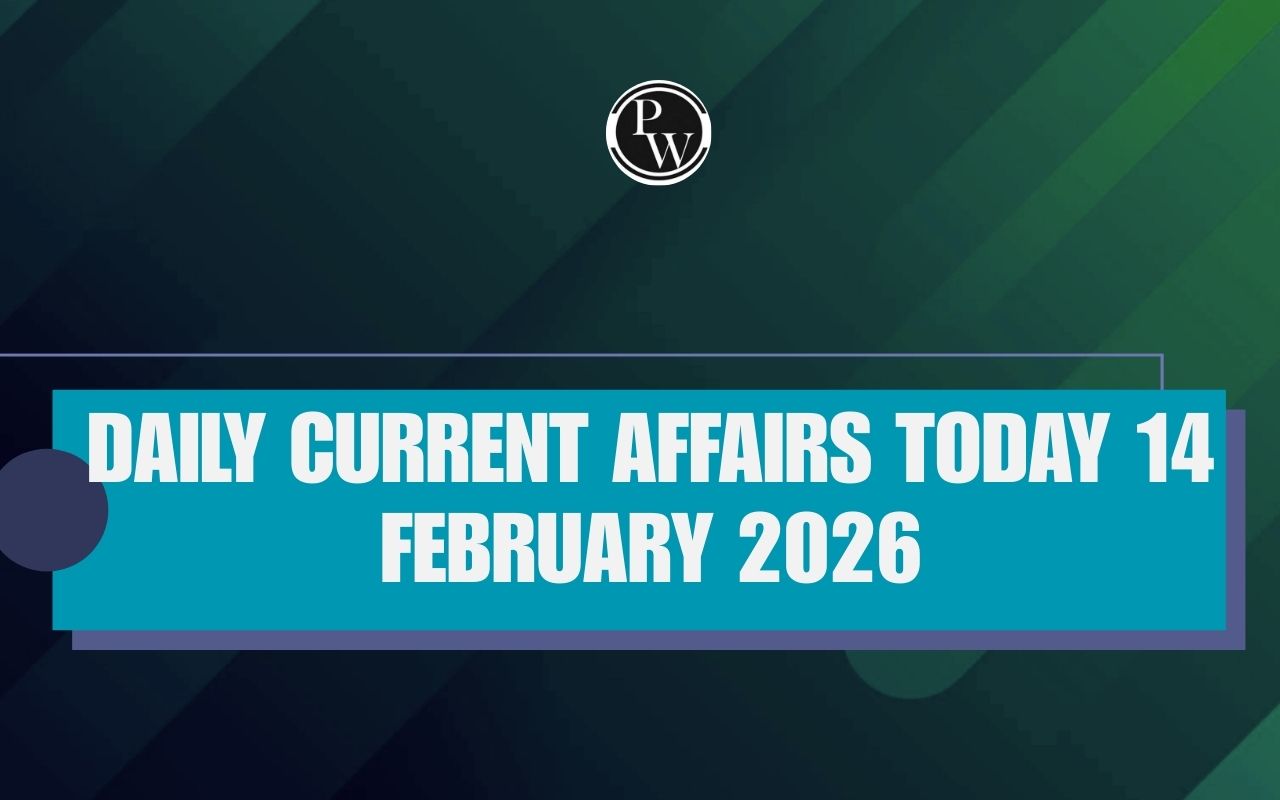
SSC CGL Central Excise Inspector: The role of a Central Excise Inspector, an important position under the SSC CGL examination. Aspirants aiming for this post need to understand the details of SSC CGL Central Excise Inspector responsibilities, the selection process, eligibility criteria, syllabus, exam pattern, and the potential career growth it offers.
SSC CGL Central Excise Inspector
The SSC conducts SSC CGL annually to recruit candidates for various posts, including the SSC CGL Excise Inspector under Group "B," falling within the jurisdiction of the CBIC. This position offers candidates the flexibility to choose between fieldwork with involvement or administrative tasks and documentation.| SSC CGL Central Excise Inspector Overview | |
|
Feature |
Details |
|
Post Name |
Central Excise Inspector |
|
Recruiting Body |
Staff Selection Commission (SSC) |
|
Exam Name |
SSC Combined Graduate Level (CGL) |
|
Ministry/Department |
Central Board of Indirect Taxes and Customs (CBIC) |
|
Group |
Group B, Non-Gazetted |
|
Pay Level |
Pay Level 7 (As per 7th CPC) |
|
Starting Basic Salary |
₹44,900 per month |
|
Job Type |
Government, Permanent |
|
Eligibility |
Graduation from a recognized university, 18-30 years age |
|
Physical Standards |
Applicable |
SSC CGL Central Excise Inspector Job Profile
A Central Excise Inspector primarily deals with the administration and enforcement of Central Excise laws and regulations. Their responsibilities include:- Tax Assessment and Collection: They assess the excise duty liability of manufacturers and ensure its timely payment.
- Inspection and Audit: Conducting physical inspections of manufacturing premises to verify compliance with excise laws and auditing records to detect tax evasion.
- Investigation: Investigating cases of tax evasion, fraud, or non-compliance with excise regulations.
- Documentation: Maintaining accurate records, issuing licenses, permits, and certificates as required under excise laws.
- Customer Assistance: Providing guidance and support to manufacturers and traders regarding excise compliance and procedural matters.
- Legal Proceedings: Assisting in legal proceedings, including prosecution of offenders and representation in adjudication proceedings.
SSC CGL Central Excise Inspector Career Growth
The position of Central Excise Inspector offers ample opportunities for career growth. With dedication and performance, individuals can progress through various stages of their career, such as:
- Promotions: Based on seniority, performance, and qualifying departmental examinations, inspectors can be promoted to higher ranks.
- Senior Positions: Central Excise Superintendents, Assistant Commissioners, and Commissioners are some of the senior positions inspectors can aspire to reach.
- Specialized Roles: Inspectors can opt for specialized roles in areas like investigation, audit, enforcement, and intelligence, enhancing their expertise and responsibilities.
- Training and Development: Regular training programs, workshops, and seminars are conducted to update inspectors on changes in tax laws, procedures, and enforcement techniques.
SSC CGL Central Excise Inspector Salary
The SSC CGL Central Excise Officer is high salary structure and additional benefits. Here's a breakdown:
- Pay Level: 7
- Basic Pay: ₹ 44900 to 142400
- Group: B
SSC CGL Central Excise Inspector Eligibility Criteria
Candidates aspiring for the role of Central Excise Inspector must meet the following eligibility criteria:- Educational Qualification: A bachelor's degree from a recognized university or institution.
- Age Limit: Generally, candidates should be between 18 and 30 years of age. However, age relaxation is provided for candidates belonging to reserved categories as per government norms.
- Nationality: Candidates must be citizens of India or fall under the prescribed categories of Nepal/Bhutan.
- Physical Eligibility: For the SSC CGL Central Excise Inspector post, male candidates must have a minimum height of 157.5 cm and a chest measurement of 81 cm (fully expanded with a minimum expansion of 5 cm). Female candidates should have a minimum height of 152 cm and a weight of 48 kg.
- Physical tests include walking 1600 meters in 15 minutes and cycling 8 km in 30 minutes for males; and walking 1 km in 20 minutes and cycling 3 km in 25 minutes for females
SSC CGL Central Excise Inspector Selection Process
The selection process for the Central Excise Inspector post typically involves:
- Tier-I Examination: This is a preliminary examination covering subjects like General Intelligence & Reasoning, General Awareness, Quantitative Aptitude, and English Comprehension.
- Tier-II Examination: Candidates who clear Tier-I appear for Tier-II, which consists of an online test and DEST.
SSC CGL Central Excise Inspector Exam Pattern 2025
The SSC CGL 2025 selection process comprises two tiers. Tier 1 is a qualifying stage with 100 multiple-choice questions across four sections: General Intelligence & Reasoning, General Awareness, Quantitative Aptitude, and English Comprehension. Each section contains 25 questions, totaling 200 marks, with a duration of 60 minutes.
Tier 2 is the merit-determining stage. Paper I is mandatory for all candidates and includes sections on Mathematical Abilities, Reasoning & General Intelligence, English Language & Comprehension, and General Awareness. Additionally, it comprises a Computer Knowledge Test and a Data Entry Speed Test (DEST), both qualifying in nature.
SSC CGL Central Excise Inspector Syllabus 2025
The SSC CGL 2025 syllabus for the Central Excise Inspector post is divided into two stages: Tier 1 and Tier 2. In Tier 1, candidates are tested on four major subjects: General Intelligence & Reasoning, General Awareness, Quantitative Aptitude, and English Comprehension. This stage assesses the candidate’s logical thinking, knowledge of current affairs and static GK, numerical ability involving arithmetic and data interpretation, and understanding of basic grammar and vocabulary in English.
In Tier 2, the syllabus becomes more advanced. Paper I is compulsory for all and includes sections on Mathematical Abilities, Reasoning & General Intelligence, English Language and Comprehension, and General Awareness. The mathematical section features topics such as algebra, trigonometry, geometry, and number systems. The reasoning part includes high-level puzzles, coding-decoding, and analytical problems. English focuses on grammar, reading comprehension, and vocabulary, while the general awareness section tests in-depth knowledge of current events, science, and Indian polity. Additionally, Computer Knowledge and Data Entry Speed Test (DEST) are qualifying parts that evaluate candidates’ basic computer handling and typing speed.
SSC CGL Central Excise Inspector FAQs
What is the role of an SSC CGL Central Excise Inspector?
What are the eligibility criteria for SSC CGL Central Excise Inspector?
How can one apply for the SSC CGL Central Excise Inspector position?

